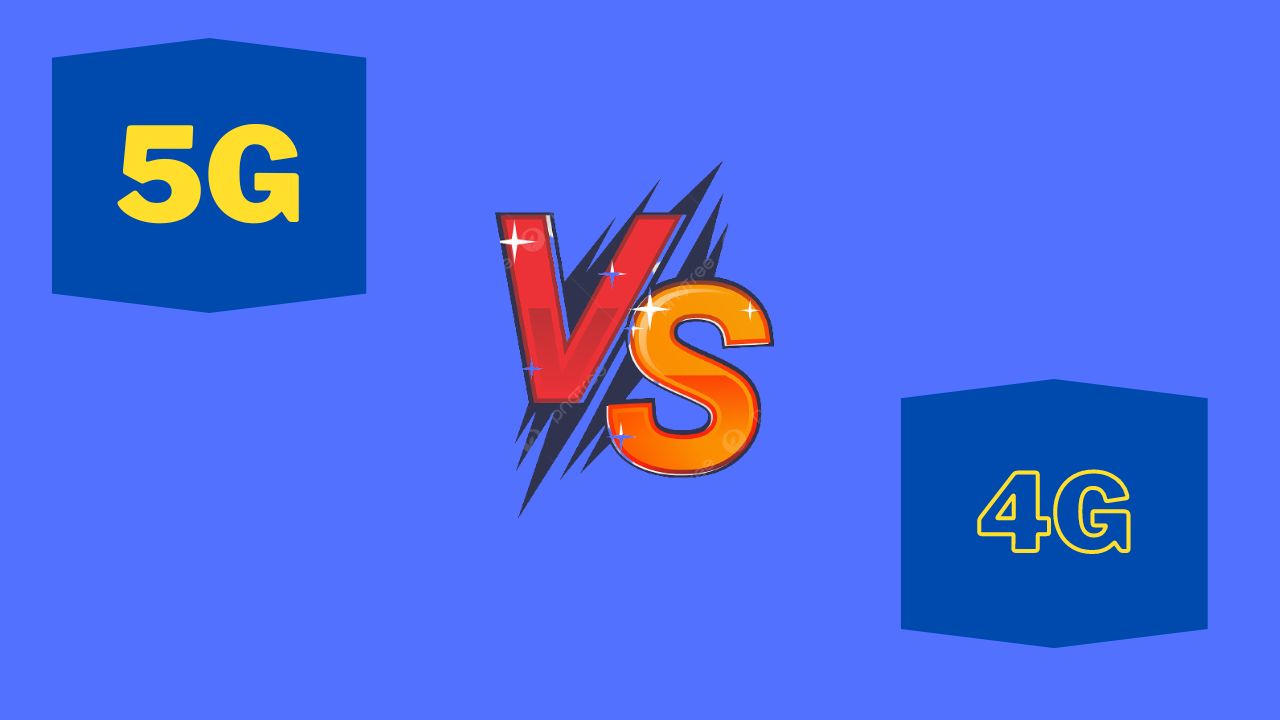5G is the fifth generation of mobile networks and has been touted as the future of wireless connectivity. It promises faster download and upload speeds, lower latency, and improved network reliability. But how does it compare to its predecessor, 4G? This article will explore the differences between 5G and 4G and how fast 5G is.
What is 5G, and How Does it Work?
5G is a wireless communication standard that provides faster and more reliable connectivity than 4G. It operates on a higher frequency spectrum than 4G, which enables it to transmit data at much higher speeds. 5G uses millimeter-wave (mmWave) technology to achieve these higher speeds. This technology uses higher-frequency radio waves with shorter wavelengths than those used in 4G. This allows for a higher density of data transmission and reduces latency.
Check Your Internet Speed: https://internettesting.net
What is 4G, and How Does it Work?
4G is the fourth generation of mobile networks and is still widely used today. It operates on a lower frequency spectrum than 5G and uses Long-Term Evolution (LTE) technology to transmit data. As a result, 4G can deliver speeds of up to 100 Mbps, depending on the carrier and the location. While 4G is still a relatively fast network, its limitations include higher latency and lower reliability than 5G.
How Fast is 5G Compared to 4G?
5G promises to deliver faster speeds than 4G, and in many cases, it does. For example, 5G can provide download speeds of up to 20 Gbps, which is 20 times faster than the maximum download speed of 4G. However, it’s important to note that these speeds are theoretical maximums and may not be achievable in all locations. In reality, the speed of 5G will depend on various factors, including the location, carrier, and device.
Related: How Fast is NASA WiFi: The Speed Behind Space Missions
What are the Benefits of 5G?
One of the main benefits of 5G is its faster download and upload speeds. This means that users can download large files, high-quality stream video, and play online games without experiencing buffering or lag. 5G also has lower latency than 4G, which means there is less delay between the user’s action and the device’s response. This is particularly important for applications that require real-time interaction, such as virtual reality and telemedicine. Finally, 5G promises better network reliability, meaning users will experience fewer dropped calls and lost connections.
Is 5G Available Everywhere?
5G is still a relatively new technology and has yet to be available everywhere. Sometimes, 5G is only available in select cities or areas. However, carriers are rapidly expanding their 5G networks, and it’s expected that 5G will become more widely available in the coming years. Additionally, not all devices are compatible with 5G, so users may need to upgrade their devices to take advantage of faster speeds.
FAQs:
Will 5G replace 4G?
While 5G is the future of wireless connectivity, it’s unlikely to replace 4G completely. 4G will still be used in areas where 5G is unavailable, and it will likely continue to be used for several years.
How much faster is 5G than 4G?
5G can provide download speeds of up to 20 Gbps, which is 20 times faster than the maximum download speed of 4G. However, the actual speed of 5 G will depend on various factors, including the location, carrier, and device.
Can I use 5G with my current device?
Not all devices are compatible with 5G, so you may need to upgrade your device to take advantage of the faster speeds. However, many newer devices are 5G compatible, so it’s worth checking with your carrier to see if your device is compatible.
Is 5G more expensive than 4G?
The cost of 5G plans and devices may be higher than 4G plans and devices, but this will vary depending on the carrier and the specific plan. However, as 5G becomes more widely available, prices are expected to become more competitive.
Is 5G safe?
There is no evidence to suggest that 5G harms human health. However, as with any new technology, there are concerns about the long-term effects of exposure to higher-frequency radio waves. As a result, regulators and health experts are closely monitoring the safety of 5G, and research is ongoing.
Conclusion:
In conclusion, 5G is a faster and more reliable wireless connectivity standard than 4G. It can provide faster download and upload speeds, lower latency, and improved network reliability. However, 5G is still a relatively new technology and has yet to be available everywhere. In addition, not all devices are compatible with 5G, and the cost of 5G plans and devices may be higher than 4G plans and devices. Nevertheless, as carriers expand their 5G networks and 5G devices become more widely available, 5G is poised to become the future of wireless connectivity.

